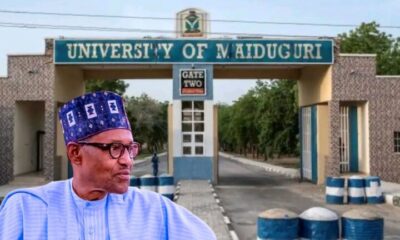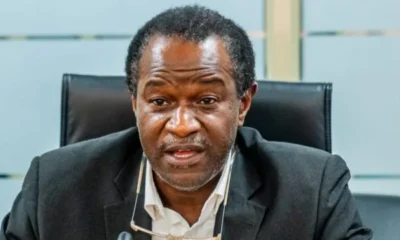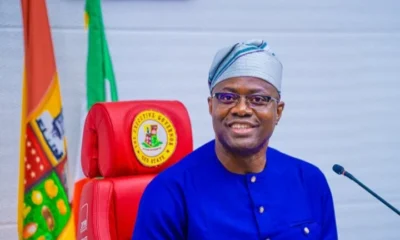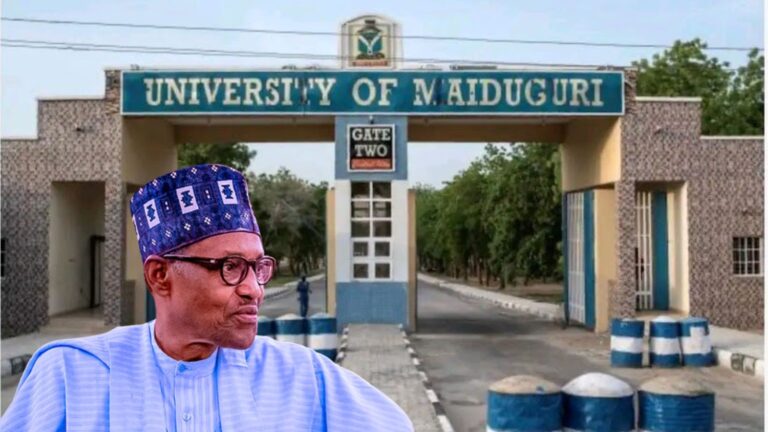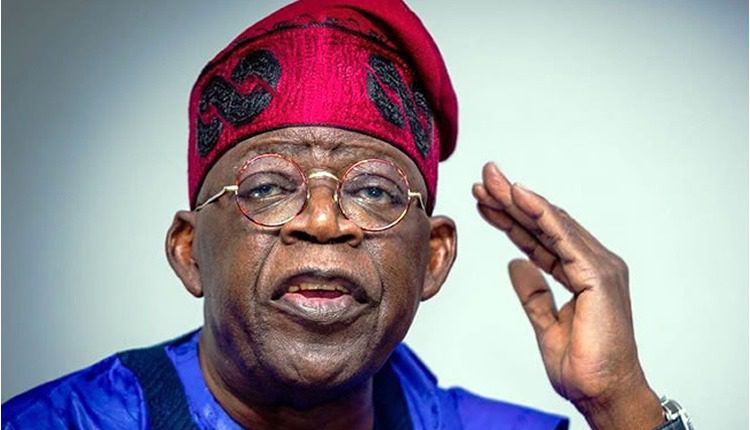Following the Dangote Petroleum Refinery’s suspension of petroleum product sales in naira, some filling stations have begun stockpiling Premium Motor Spirit, also known as petrol.
Retailers are accumulating fuel in anticipation of a price increase due to the Federal Government’s decision to halt crude oil sales to the Dangote refinery in local currency.
However, the Independent Petroleum Marketers Association of Nigeria has cautioned against panic buying, warning that marketers could suffer losses.
Last week, the Dangote refinery announced a temporary suspension of naira sales, citing a disparity between its sales revenue and crude oil purchase obligations, which are currently denominated in US dollars.
“Dear valued customers, we wish to inform you that the Dangote Petroleum Refinery has temporarily halted the sale of petroleum products in naira. This decision is necessary to avoid a mismatch between our sales proceeds and our crude oil purchase obligations, which are currently denominated in US dollars.
“To date, our sales of petroleum products in naira have exceeded the value of naira-denominated crude we have received. As a result, we must temporarily adjust our sales currency to align with our crude procurement currency,” the refinery stated.
Following the announcement, the cost of loading petrol at private depots in Lagos surged to approximately N900 per litre, up from less than N850 per litre.
The National Publicity Secretary of IPMAN, Chinedu Ukadike, accused depot owners of exploiting the situation for profit, as some filling stations were rushing to stockpile fuel.
“Some depot owners are already increasing the price. But we are also asking our marketers not to panic-buy. Because definitely when the Dangote refinery comes back and reverses the price, it will be a huge loss for these marketers. Depot owners are using this opportunity to profiteer. This is not good for the economy,” Ukadike stated.
He warned marketers against purchasing excessive quantities of petrol to avoid financial losses if the Dangote refinery later reduces prices.
“We, the independent marketers, are asking our members not to buy so much goods because when they buy so much volume of fuel at a higher rate from the depot owners, at the end of the day, it might result in losing a lot of capital.
“Dangote may crash the price, and most of them with high volumes of PMS will run into problems. So, all marketers should be careful to avoid losses,”** he advised.
According to Ukadike, discussions between the Federal Government and the Dangote refinery are ongoing to resolve the situation and restore the naira-for-crude agreement.
“I have gathered that the Federal Government and Dangote refinery are almost resolving this matter.
“The two of them are reviewing the naira-for-crude deal to continue the sale of crude oil in naira to the refinery again. But the official statement has not come out. We are waiting for the official statement,” Ukadike revealed.
Sources from the Federal Ministry of Finance and the Federal Ministry of Petroleum Resources confirmed that the Technical Sub-Committee on the Naira-for-Crude Policy would reconvene on Monday to deliberate on the issue.
The committee has reportedly instructed the Nigerian Upstream Petroleum Regulatory Commission to propose solutions for reinstating the naira-for-crude arrangement.
Industry analysts and oil marketers warned that the suspension of naira sales by the Dangote refinery could increase demand for foreign exchange, as marketers will need to obtain US dollars to purchase fuel.
Multiple sources linked the issue to the Nigerian National Petroleum Company Limited’s large-scale forward sale of crude oil, which was reportedly used to secure international loans.
Meanwhile, NNPC spokesperson Olufemi Soneye confirmed that fresh negotiations with the Dangote refinery had commenced, as the initial phase of the naira-for-crude agreement, which began in October 2024, is set to conclude this month.
Soneye disclosed that 48 million barrels of crude have been supplied to the Dangote refinery since October.
With the suspension of naira sales, marketers will now need to acquire US dollars to purchase petrol from the refinery.
The National Vice President of IPMAN, Hammed Fashola, cautioned that this could destabilize the naira, which had recently shown signs of stability.
Experts noted that the naira-for-crude agreement had previously enabled the Dangote refinery to lower PMS prices, forcing NNPC to do the same despite potential losses.
The move reportedly resulted in significant financial setbacks for fuel importers, who struggled to compete with the $20 billion refinery’s pricing.
Some industry insiders believe the suspension of the naira-for-crude deal may be an attempt to curb the growing influence of the Dangote refinery, as some downstream players have accused it of monopolistic tendencies.
Domestic crude oil refiners expressed concerns that discontinuing crude supply in naira could undermine Nigeria’s energy security goals.
The National Publicity Secretary of the Crude Oil Refinery-owners Association of Nigeria, Eche Idoko, criticized the decision, stating that it contradicts efforts to achieve energy independence.
Meanwhile, earlier reports had it that seven vessels carrying imported Premium Motor Spirit were expected to arrive at Nigerian seaports between March 17 and 23, delivering 154.22 million litres of petrol.
Additionally, a document from the Nigerian Port Authority revealed that the Dangote refinery imported 654,766 metric tonnes of crude oil during the same period.
The refinery, located in Lekki, Lagos State, has faced crude supply challenges since its inception.
The Dangote Group previously alleged that some International Oil Companies were attempting to sabotage its operations by refusing to supply crude oil directly to the refinery, instead selling through foreign intermediaries at inflated prices.
The refinery also accused IOCs of prioritizing crude exports to Asian markets over supplying local refineries.
In response to these concerns, President Bola Tinubu proposed selling crude to local refineries in naira, a policy approved by the Federal Executive Council in July 2024.
Under this policy, 450,000 barrels of crude designated for domestic consumption were to be sold to Nigerian refineries in naira, with the Dangote refinery serving as a pilot program.
However, with the recent suspension of the naira-for-crude agreement, the future of this initiative remains uncertain.
Credit: The Punch

 BIG STORY3 days ago
BIG STORY3 days ago
 BIG STORY3 days ago
BIG STORY3 days ago
 BIG STORY4 days ago
BIG STORY4 days ago
 BIG STORY14 hours ago
BIG STORY14 hours ago
 BIG STORY3 days ago
BIG STORY3 days ago
 BIG STORY3 days ago
BIG STORY3 days ago
 BIG STORY3 days ago
BIG STORY3 days ago
 BIG STORY2 days ago
BIG STORY2 days ago







